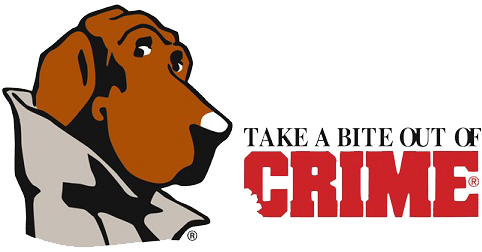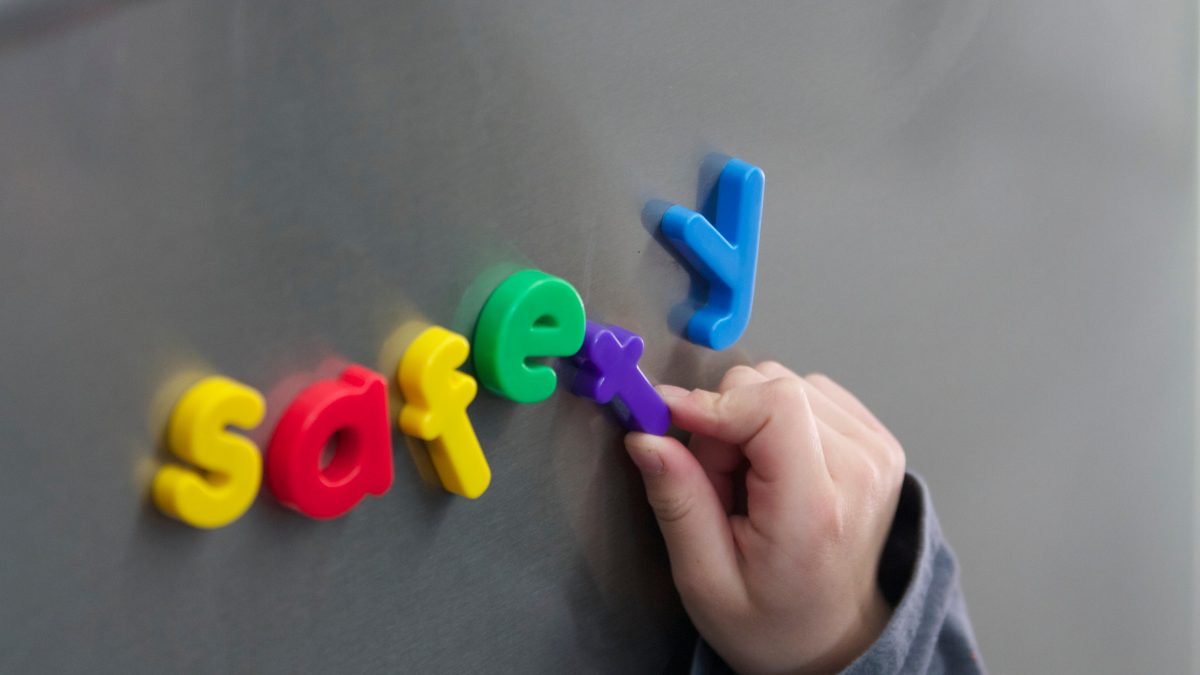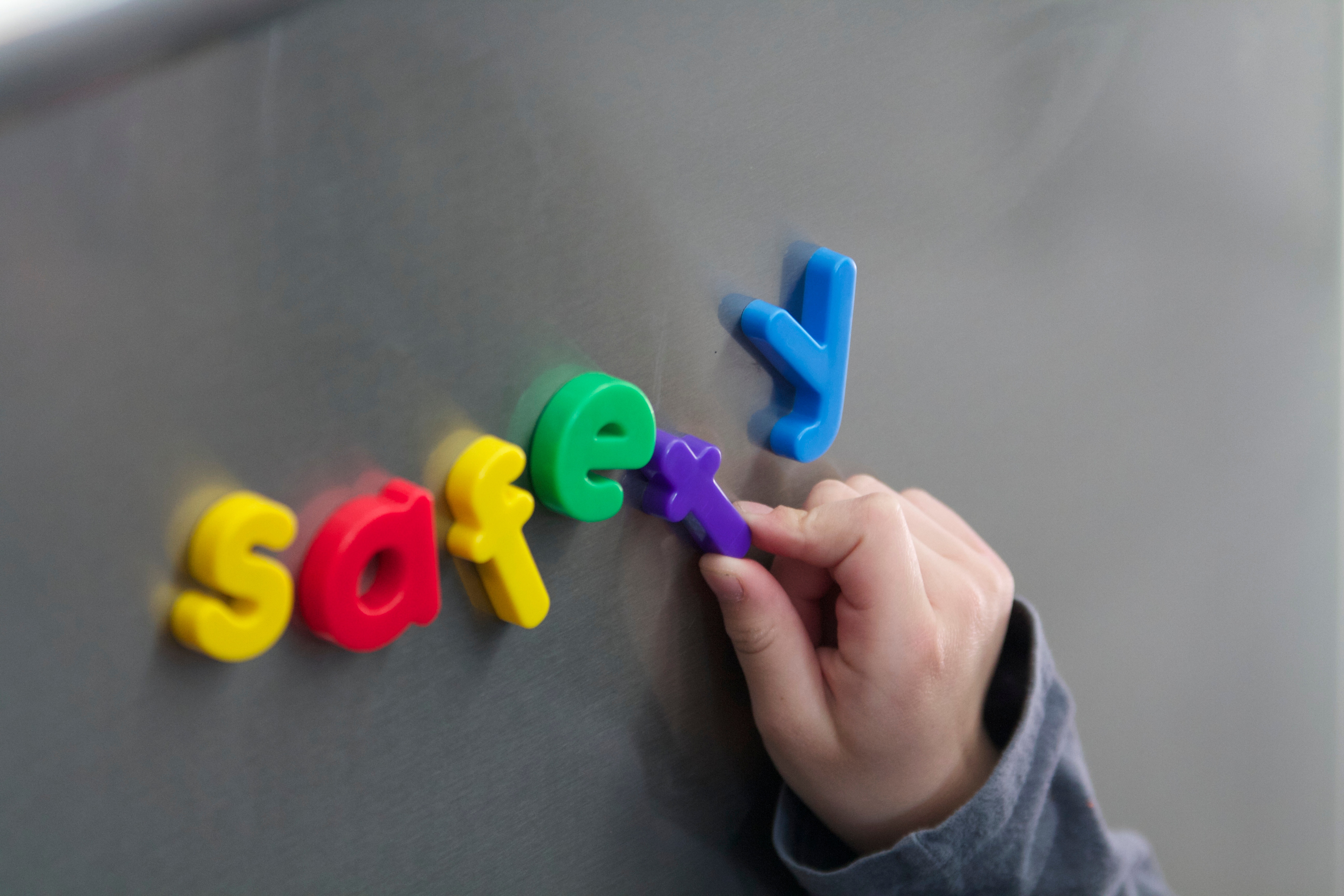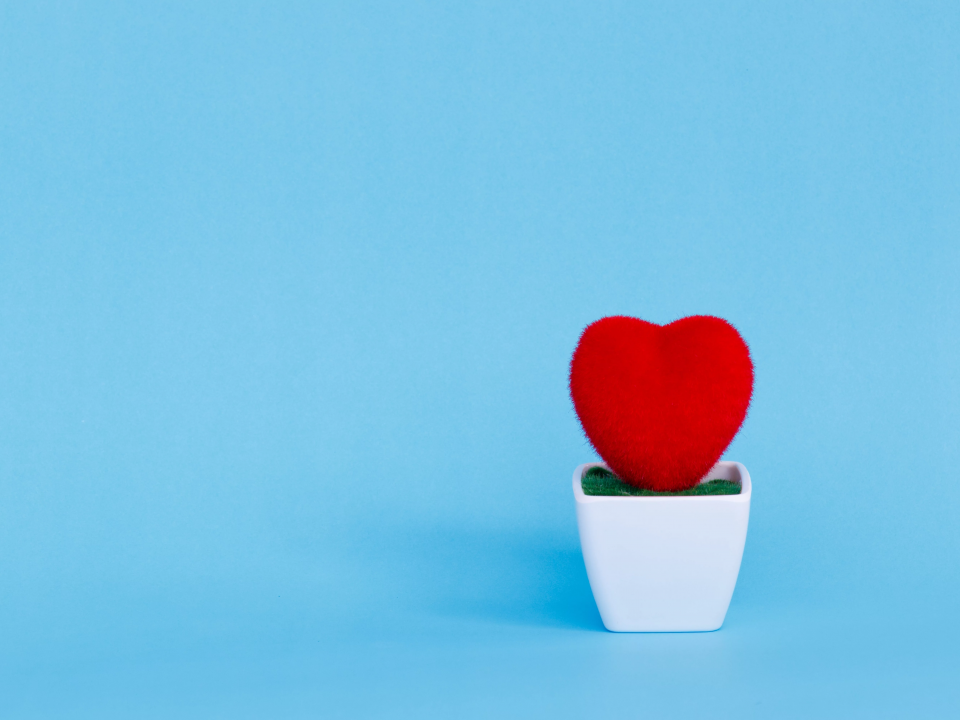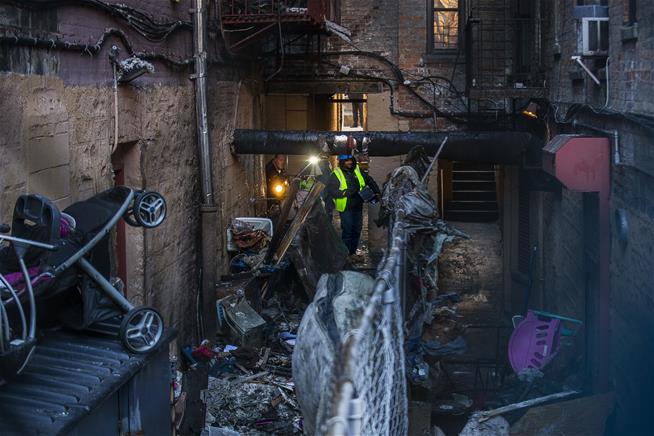Source: www.dadsolo.com
From the time parents bring home their new bundles of joy, they think about keeping their children safe. Baby-proofing is a necessary part of parenthood, especially once kids become mobile. Of course, keeping kids safe at home is a job that does not end as they grow older. Parents need to continue to ensure kids avoid dangerous substances and items at home. Our suggestions will help you do just that.
1. Remember that Kids are Curious
Even if you have the most well-behaved kids who always toe the line, take precautions to secure your grown-up belongings because kids are naturally curious. As kids grow older, they become bolder about bending the rules and experimenting with things they know they are not supposed to have. Tweens and teens especially test the limits in the name of curiosity, so it is better for you to be proactive in keeping potential hazards out of their hands.
2. Monitor and Secure Alcohol
To keep your kids safe from alcohol, begin by having a conversation with them about the dangers of drinking it. Also, keep your alcohol out of your kids’ sight and under lock and key.
It’s worth investing in another refrigerator designated for alcohol that you can lock; be sure to secure your wine cooler, too. Keep your alcohol in original containers that are clearly marked with the contents and be vigilant about tracking how much is in your home. When you have parties, keep the alcohol in a separate, adults-only area and ask guests not to walk away from their beverages. After the last guest leaves, make sure all the alcohol is accounted for and clean up before you go to bed.
3. Safeguard Medication
Far too many young kids go to emergency rooms each year for getting into medications at home. All medications, even those with childproof caps, must be stored in a secure location out of young kids’ reach and out of sight of older kids. Be sure to put your medicine in the same secure location each time you use it and to always relock the cap.
As with alcohol, you need to teach your kids about medicine safety and ensure they know to take medications only from trusted adults that you have verified with them. Memorize the Poison Control Center number, 1-800-222-1222, program it into your smartphone, and post it in a visible area in your home.
If you are a parent of an older child, it’s imperative that you safeguard prescription medications. According to the Partnership for Drug-Free Kids, two-thirds of teens who prescription medication abuse get it from friends, family, and acquaintances. You must be proactive in ensuring your kids cannot access your medication.
Begin by knowing the quantities of medicines in your home and controlling your children’s medication by monitoring dosages and refills. If the medications are addictive, such as opioids, benzodiazepines, and stimulants, be even more vigilant in controlling and securing them.
Also, make sure your friends and relatives secure their medications in homes that your children visit. If possible, keep all medicines in a locked cabinet. When medicines expire, or when you have unused medication, dispose of it safely. Many communities have prescription drug drop boxes or take-back locations that give you the opportunity to dispose of them safely and remove them from your home to further protect your children.
4. Secure Firearms
If you have firearms at home, secure them and take precautions to protect your children. Never store a loaded gun in your home. Store all firearms in a locked cabinet, safe, gun vault, or storage case and ensure your children cannot access them. Also, make sure no one can access stored firearms without permission.
Additionally, store all ammunition in a locked location separate from firearms. Purchase and use gun locks to make your guns inoperable when they are not in use, even if you have a locked gun cabinet or safe, as an extra layer of protection.
Ensuring your child’s safety at home is something you are responsible for as long as they live under your roof. Keep in mind that kids are curious, monitor and secure all alcohol, safeguard all medicine, and secure your firearms to keep your kids as safe as possible.
